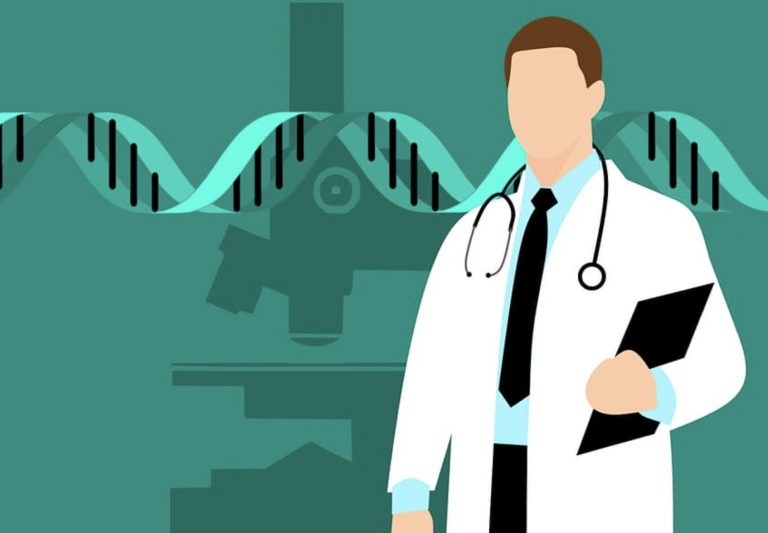Becoming a physician is one of the most challenging things a person can do, but it’s also one of the most rewarding careers. Doctors are some of the most trusted and most respected professionals in the world, and every day they have the opportunity to make a positive difference in someone’s life— not to mention that most doctors make over six figures easily.
However, doctors and other medical professionals have stressful days, and the road to becoming a doctor isn’t a quick and easy one. It can take anywhere from 10 to 14 years to become a doctor, but it’s worth it if this is something that you’re passionate about. So here are some useful tips for aspiring physicians at every step of their journey.
Story Stages
Earn a Bachelor’s Degree in a Related Field
The first educational step in every future physician’s journey is to complete their undergraduate studies. Because there is no Bachelor’s degree in medicine, most students have to major in a science in a pre-med program. Examples of sciences to major in include:
- Biology
- Chemistry
- Exercise Science
- Physics
It may even be advantageous to major in one science while minoring in another, since many Bachelor of Arts programs and some Bachelor of Science programs require a minor. Gain as much knowledge as you can during your undergraduate studies, and make as many connections as possible. This is also a good time to work on your time management skills, since you’re going to need to know how to manage your time effectively in medical school.
Take the MCAT and Apply to Medical Schools Your Junior Year
Junior year may seem like it’s too early to start applying to medical schools, but it’s better to start this process at this time rather than waiting until your senior year when you’re going to be focused on exams and graduation. On the other hand, there’s no deadline (except for any application deadlines) for when a graduate can apply to medical school, so you can even start applying a year after you graduate.
Before you apply to medical school, you should register to take the MCAT (Medical College Admission Test). This is the test that medical schools use to determine how well a student will perform in their program.
Start Medical School and Choose a Specialization
Once you’ve passed the MCAT and have been accepted into medical school, you’ve completed about one third of your journey. According to Gradschoolcenter.com, medical school is similar to a graduate program for other concentrations, except that graduate school usually takes only two years while medical school takes four years. During your years of medical school, you’ll be in the classroom and in clinical settings.
After your second year of medical school, you must pass the first part of the USMLE (United States Medical Licensing Examination) if you’re attending medical school in the U.S. The second part of the USMLE must be taken and passed during your fourth year, and the last part must be taken and passed after you graduate medical school. Also during your final year, you must choose a specialization and apply to a residency program.
Complete Your Residency, Become Certified, and Get Licensed
Depending on your specialization, your residency can take at least three years to complete. This is where you’ll be completing your most in-depth training before officially becoming a doctor. After you complete your residency, you must become board certified— which may require you to complete a written and/or oral exam. You must also become licensed by your state (in the U.S.) before you can begin practicing as a doctor.
Apply for a Job as a Physician
The majority of future physicians start applying to jobs during their residency. It’s also possible for them to start working full-time in the place that they completed their residency. The job search process can be a bit tough, even though doctors have some of the highest job security. This is why it’s recommended that future physicians search for jobs on niche jobs sites, where there are more likely to be job postings in your specialty.
Some physicians even choose to start their own practice, though this isn’t the typical choice of recent graduates. Physicians who start their own practice have typically worked at a hospital or other establishment before branching out on their own.
It may seem like the road to becoming a physician is a long one, and truthfully, it is. This is to ensure that you’ll be the best doctor that you can be because you’ll have the lives of other people in your hands.
